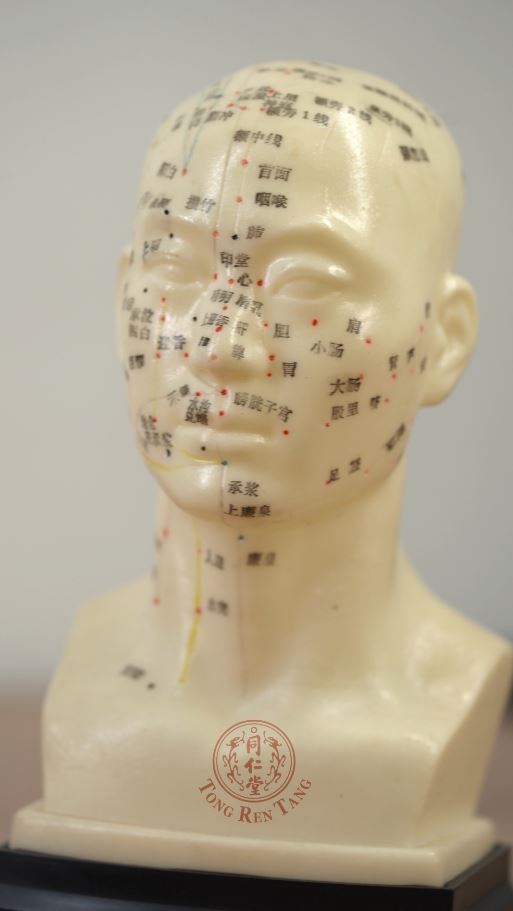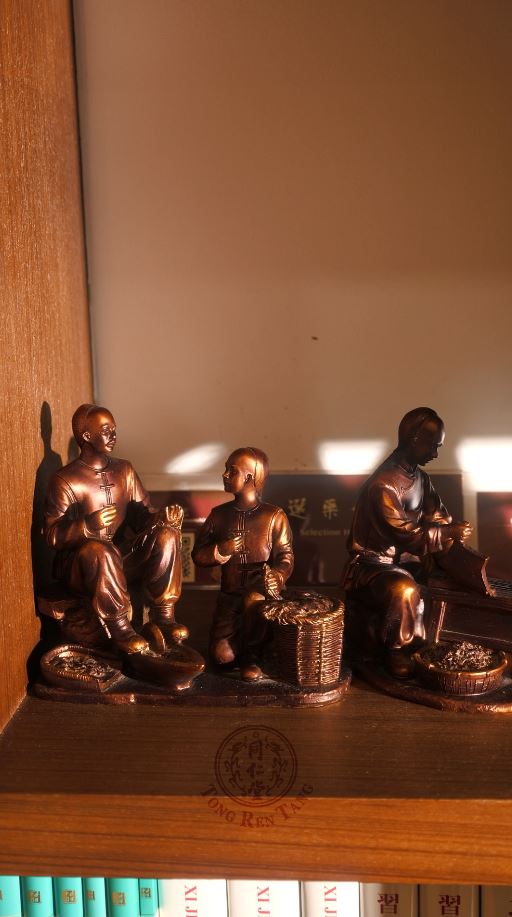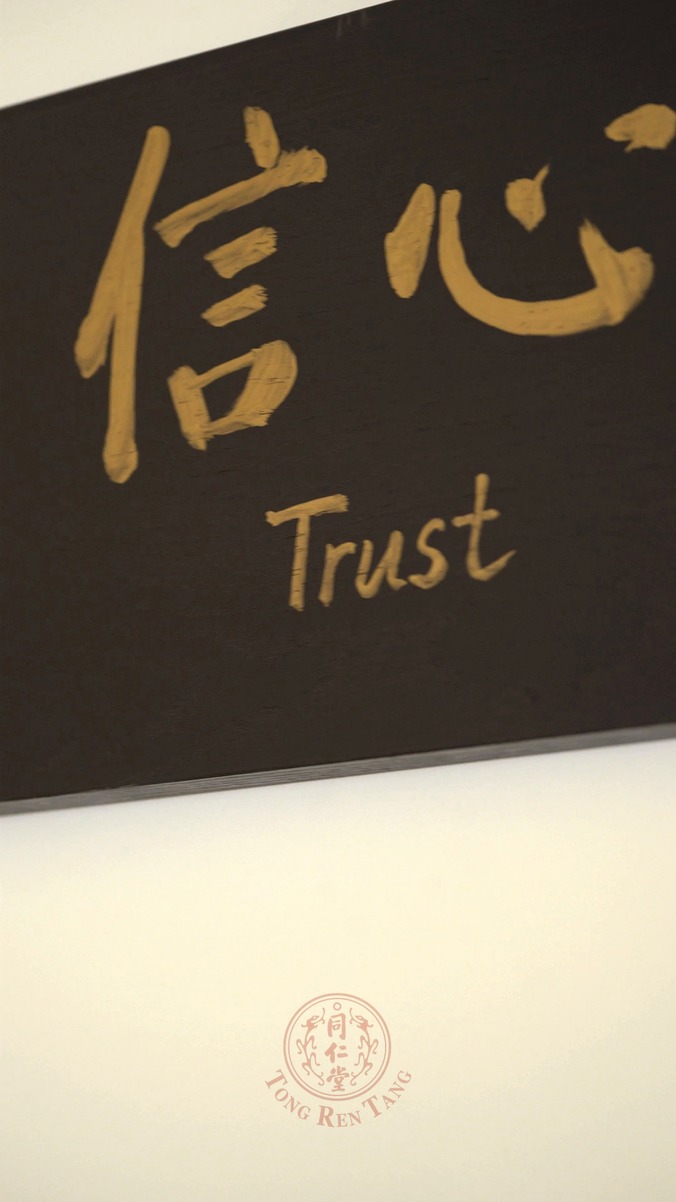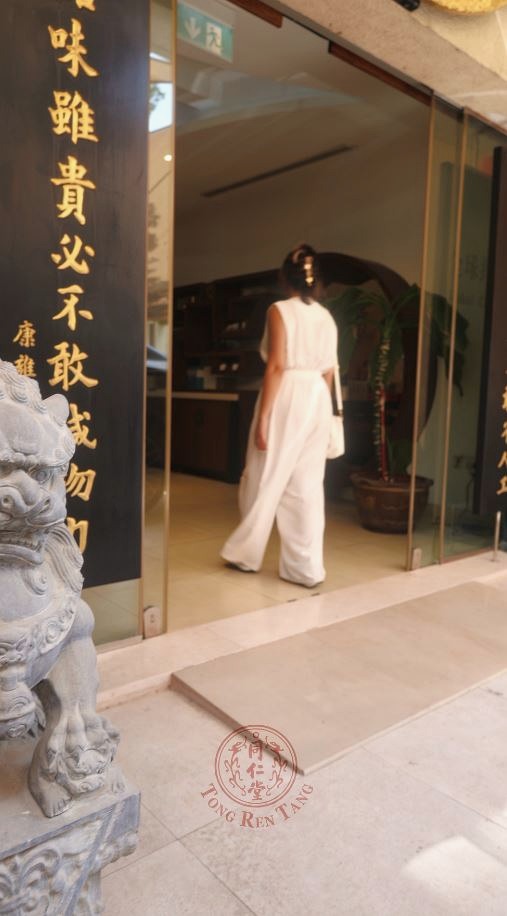Understanding Meridians in Traditional Chinese Medicine
Meridians are often described as energy channels within the body that facilitate the flow of Qi, or life force. In Traditional Chinese Medicine (TCM), these pathways are essential for maintaining health and wellbeing. While skeptics may doubt their existence, it’s important to recognize that meridians represent a holistic approach to understanding the body’s intricate systems rather than merely a physical map. Recent studies have explored the concept of meridians through the lens of modern science. Researchers have found that acupuncture points, which are located along these meridians, correspond to various anatomical structures such as nerves and blood vessels. This correlation suggests that stimulating these points could influence bodily functions, even if the exact mechanisms remain unclear. In essence, meridians serve as a bridge between ancient wisdom and contemporary scientific inquiry. By examining the body’s energy pathways, we can gain insight into how TCM practices like acupuncture may promote healing, reduce pain, and restore balance.

The Role of Qi and Its Implications for Health
Qi is a fundamental concept in TCM, believed to be the vital energy that sustains life. It flows through the meridians, nourishing organs and tissues. When the flow of Qi is disrupted, it can lead to health issues. This perspective challenges the reductionist view of health prevalent in Western medicine, which often focuses on isolated symptoms rather than the whole person. Understanding the dynamics of Qi can help explain why practices such as acupuncture and herbal medicine are effective for certain conditions. Even skeptics might appreciate that promoting overall wellness involves more than just addressing symptoms. By enhancing the body’s natural healing processes, TCM offers a different perspective on maintaining health and preventing illness. Scientific investigations into bioenergetics and electrophysiology have begun to shed light on how Qi might operate. These studies suggest that the body’s electromagnetic fields could play a role in communication between cells, potentially aligning with the concept of Qi flowing through meridians.

Bridging Ancient Wisdom with Modern Research
The intersection of meridian theory and modern science opens a dialogue that can benefit both practitioners and patients. For those who find it difficult to embrace the traditional views of TCM, exploring the physiological and psychological impacts of treatments can provide a more relatable framework. While skeptics may question the validity of meridians, emerging research continues to validate some TCM practices. For instance, studies on acupuncture have revealed its potential to activate the body’s own pain-relief mechanisms, highlighting a biological basis for what has been traditionally understood through the lens of meridian theory. As we dive deeper into the science of meridians, it becomes clear that they are not just mystical lines on a chart but rather an integral part of a complex system that governs our health. The ongoing exploration of these concepts may eventually lead to a greater acceptance of holistic approaches within conventional healthcare.

Ready to Regain Your Health Naturally?
At Beijing Tong Ren Tang Clinic in Dubai, our licensed TCM practitioners specialize in personalized care that treats the root cause of vertigo. Book your consultation today and take your first step toward lasting balance and relief. Visit us: www.trtgulf.com or call us at 800826




